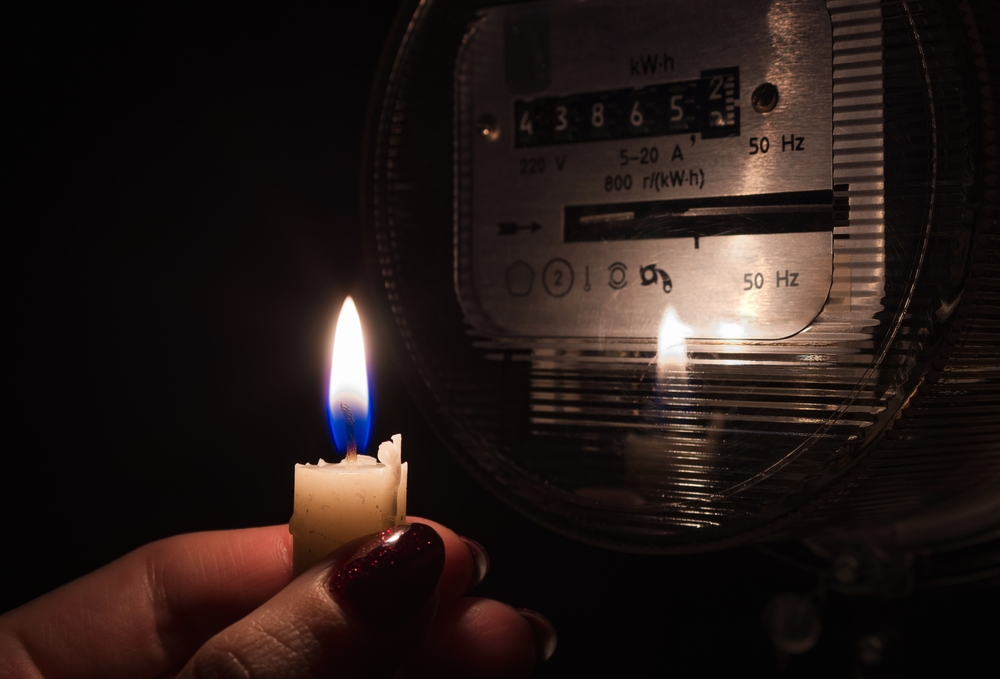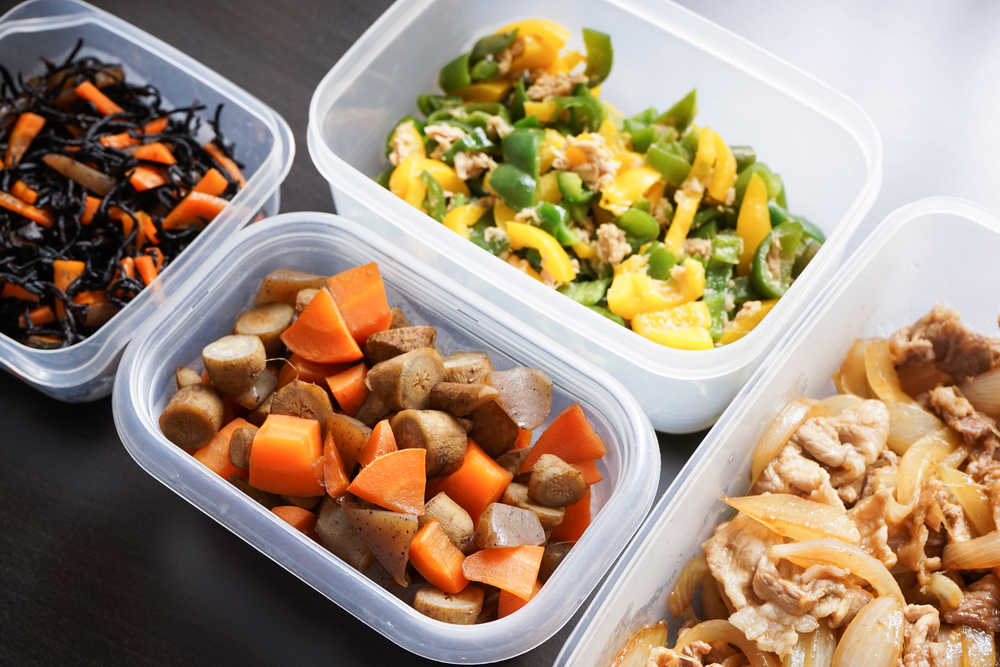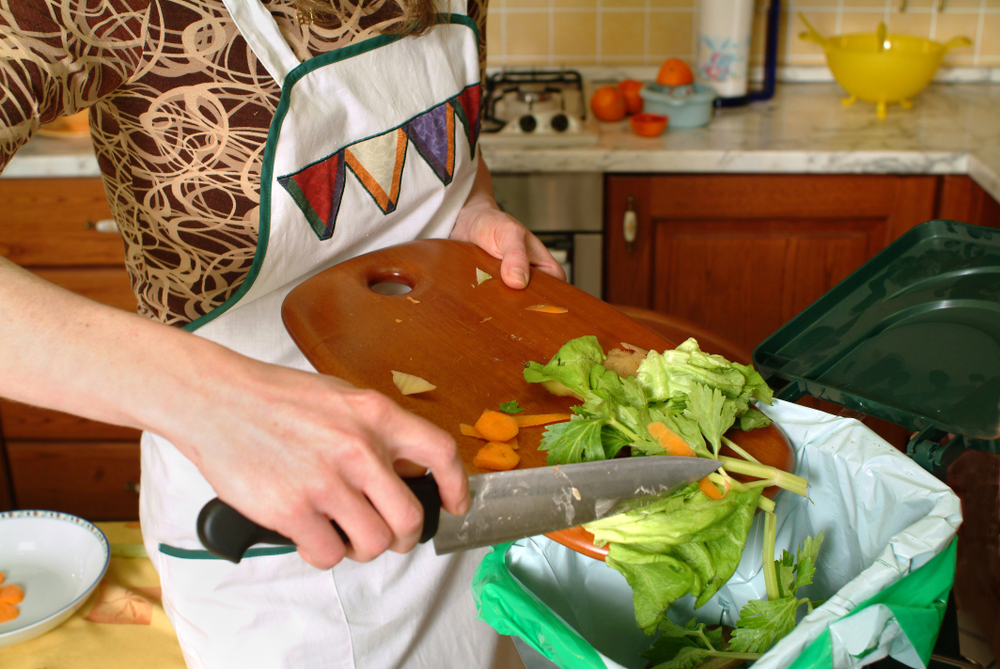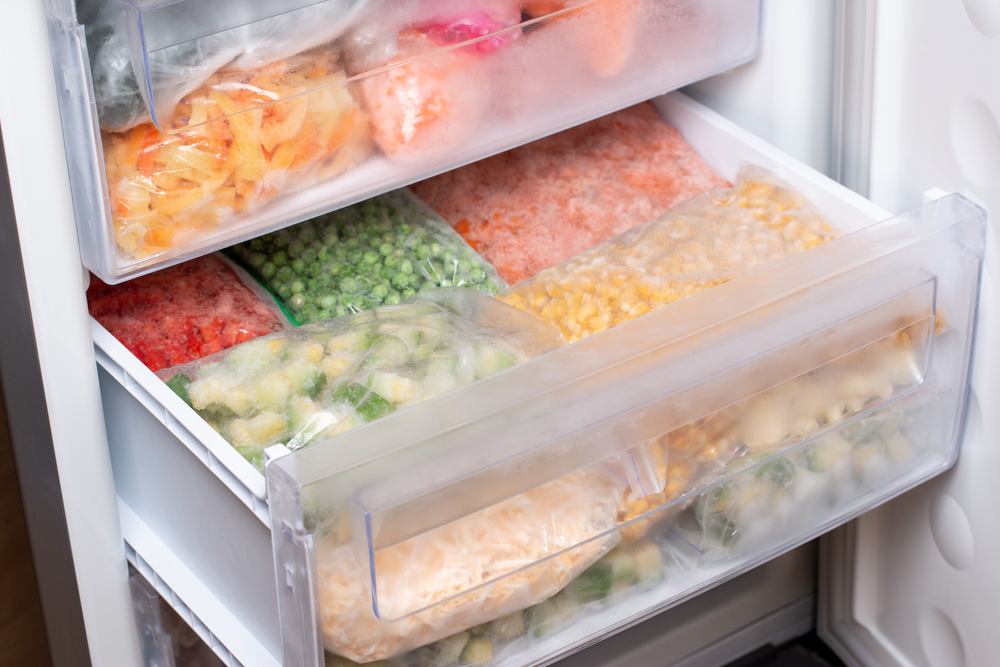How Long Will Frozen Food Last in a Power Cut?
Power outages that last anything from a couple of seconds to a few minutes don’t really have an impact on daily life, even those that last for half an hour to an hour are often only a mild inconvenience.It’s power failures that last hours that create a problem when it comes to appliances, especially fridges and freezers and keeping your chilled and frozen food cold enough not to spoil and go to waste.
Why does the UK have so many power cuts?
Power outages can be caused by planned maintenance and environmental factors such as high winds, lightning storms and heavy floods, which unfortunately are pretty common in the UK.The pandemic, plant and reactor shutdowns, and increased demand for energy were noted to be the reason why Great Britain was expected to experience the highest risk of blackouts in recent years.
Additionally, the National Grid warned in 2021 that there was a higher risk of blackouts as a result of energy suppliers collapsing and the hike in energy prices.
With all of this in mind, it’s a great idea to take proactive steps to know what to do during a prolonged power outage to keep your chilled and frozen products safe.

Preparing for a power failure essential
There are several reasons why taking proactive steps to protect our frozen and refrigerated food from the impact of your power cutting out, including:The rise of bulk cooking
While bulk-cooking and freezing food is not a new concept, a recent study has found that 73% of people were batch cooking food during the pandemic as a time-saving exercise.As well as saving a considerable amount of time on cooking throughout the week, bulk cooking can save family households, on average, £300 per year.
At a time when energy bills are soaring, cutting costs is at the forefront of many people’s minds. If you regularly cook and freeze your food in batches, knowing what to do in response to your power cutting out can save you hundreds over the years.

Food waste in the UK
Bulk cooking can also work to reduce food waste. It’s a massive problem, with studies suggesting the UK produces the largest amount of food waste in Europe.Waste is lessened through the practice of planning weekly meals, purchasing select ingredients and cooking them well before their use-by dates.
The rise in bulk cooking and freezing increases the damage an extended power outage can cause.
Knowing what to do with perishable food during a power cut could now be more important than ever.
How much has the price of food gone up in the UK?
Adding insult to injury, the Consumer Price Index has hit a 30-year high, increasing by 6.2% from January to February 2022.This was the highest rise in food prices for any month since 1992, according to National World.
Increased chances of power cutting out, food price hikes and the rise in bulk cooking and freezing meals make protecting our chilled and frozen foods during a power outage more important than ever.

How long is food OK in the fridge without power?
Food in a fridge that runs between 0 and 4C will be safe for up to four hours while the power is out.After this, you will likely find that your chilled food is no longer safe for consumption.
What food can be saved from the fridge during a power cut?
If you weren’t home when a power outage hit and you believe your fridge was unpowered for at least four hours, there may still be some salvageable products, such as:- Hard cheese and processed cheese
- Butter and margarine
- Unopened yoghurt
- Eggs
- Whole fresh fruit and vegetables
- Pasteurised fruit juice
- Soft cheese and cream cheese
- Mike, cream, crème Fraiche and open yoghurt
- Any dishes prepared with raw or cooked eggs
- Opened fresh fruit or vegetable juice
- Cooked vegetables including soups
- Processed raw fruit and vegetables
- Dishes and products containing cooked or raw red meat, poultry, fish and seafood
- Any ready meals and leftovers

How long will stuff stay frozen without power?
How long your frozen meat, prepared meals and other food items will stay cool enough to not spoil depends on the quality of your freezer.A four-star rated fridge freezer, for example, will keep your frozen meals at an acceptable temperature for approximately 48 hours.
If you take action as soon as the power goes out, you have slightly longer.
What food can be saved from the freezer during a power failure?
Similarly, if you’ve experienced a power outage for more than 24 hours, you may still be able to rescue specific frozen items, such as:- Food products where the centre is still hard
- Defrosted raw food if they aren’t any warmer than 4C, which you can check using a food thermometer
You can also keep the following, so long as you eat them as soon as possible:
- Blocks of hard cheese
- Bread, muffins, pastry without cream filling and defrosted fruit
- Dishes and products prepared with meat, poultry, seafood or fish, dairy products and defrosted eggs
- Ice cream

What to do with your refrigerator and freezer when a power outage strikes
If you’re at home when a power cut occurs, we recommend doing the following as soon as possible to maintain the integrity of your food:- Pack the drawers as fully as possible – having a full freezer will help to maintain a cool temperature for longer.
- Keep the refrigerator and freezer doors firmly closed.
- If you have some thick blankets, wrap them around your freestanding refrigerator and freestanding freezer to add further insulation, this will keep the cold air inside for longer.
- Even if it is very cold don’t be tempted to put food outside unless it is in an animal-proof snap-top cool box.
Can you get compensation for power cuts?
The good news is that most home contents insurance covers the contents of your fridge and freezer, so if you can’t get to your food before it spoils, you may not be quite so out of pocket.With that said, be sure to check the small print before you make a claim.
This is Money reviewed 364 home contents insurance policies and found that:
- 93% of policies give some amount of cover as standard
- 3% offer cover as an optional extra
- 4% won’t cover frozen food in their policy at all
Policies will normally cover all food in both fridges and freezers, including additional models stored in outbuildings.
However, please note that models older than ten years are often exempt, so it is worth double-checking both your policy and the age of the appliance before trying to make a claim.
Generally, insurers will also allow customers to claim for new refrigeration appliances if theirs stop working permanently through incidental damage, such as from a power surge.
Put together a power failure preparation pack
In light of the risk of an increase in power outages, it’s recommended that you put together an emergency pack containing:- A power bank to charge your phone, iPad, e-reader – You’ll find a good selection on Amazon.
- Stock up on candles or buy a camping gas lantern for safe, bright light.
- A two-burner camping gas stove makes hot drinks, soup and even simple meals possible.
- Buy some hot water bottles and a few cosy throws to keep warm.
Power outages may become more common in the future, so doing everything you can to prepare in advance can help keep your food at a safe temperature for as long as needed.
